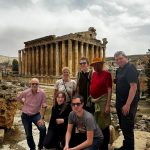The following is an option piece on the revolution in Rojava by Gareth Johnson and does not necessarily represent the views of Young Pioneer Tours.
While much is branded around about what exactly Rojava is politically, the reality is that the revolution in Rojava is not only much more subtle than most people realize, but also going extremely well.
Rojava, or as it should be called the Autonomous Administration of North and East Syria, is often called “the world’s only anarchist state”, but how true is this and just how well is it working?
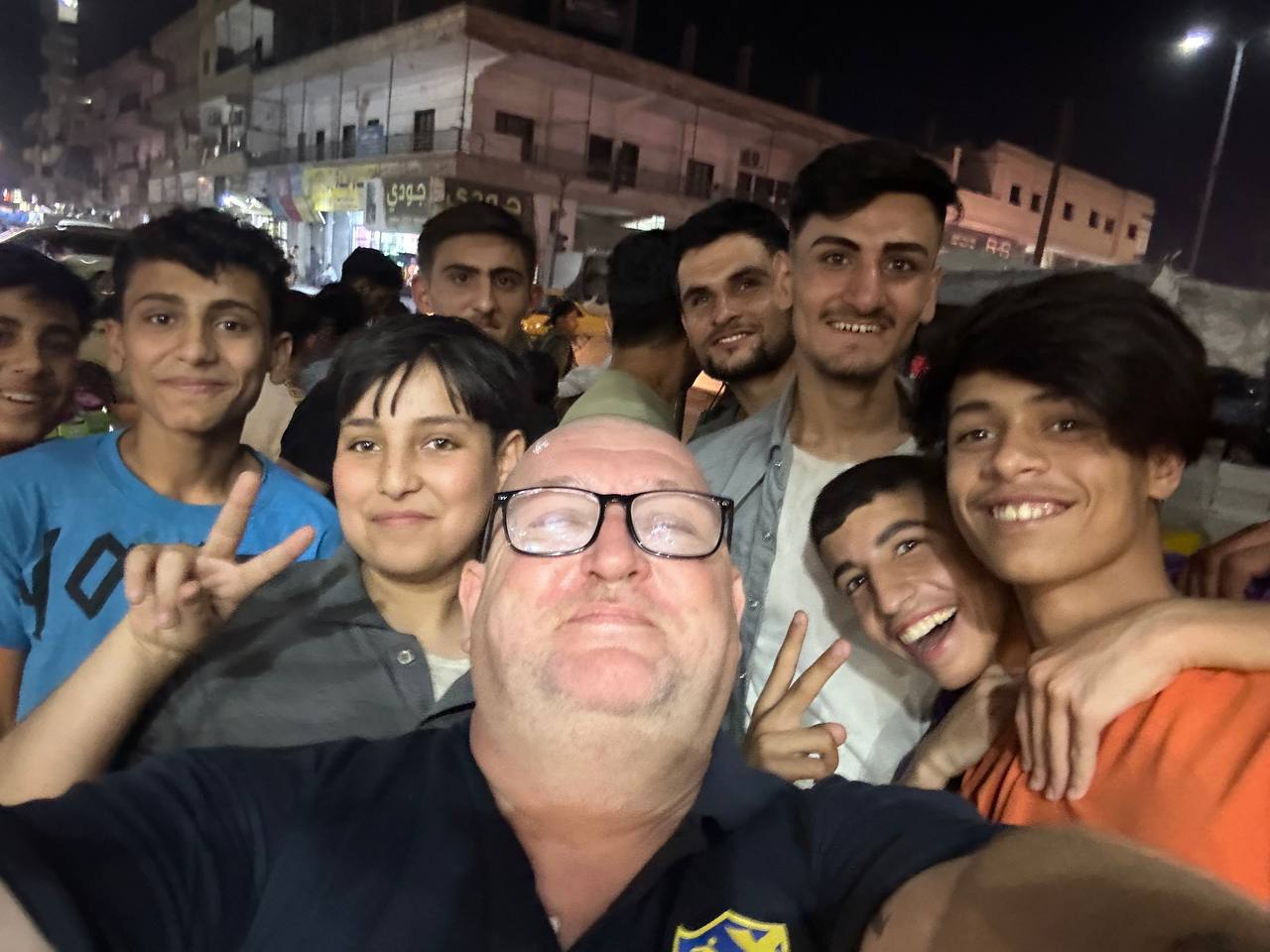
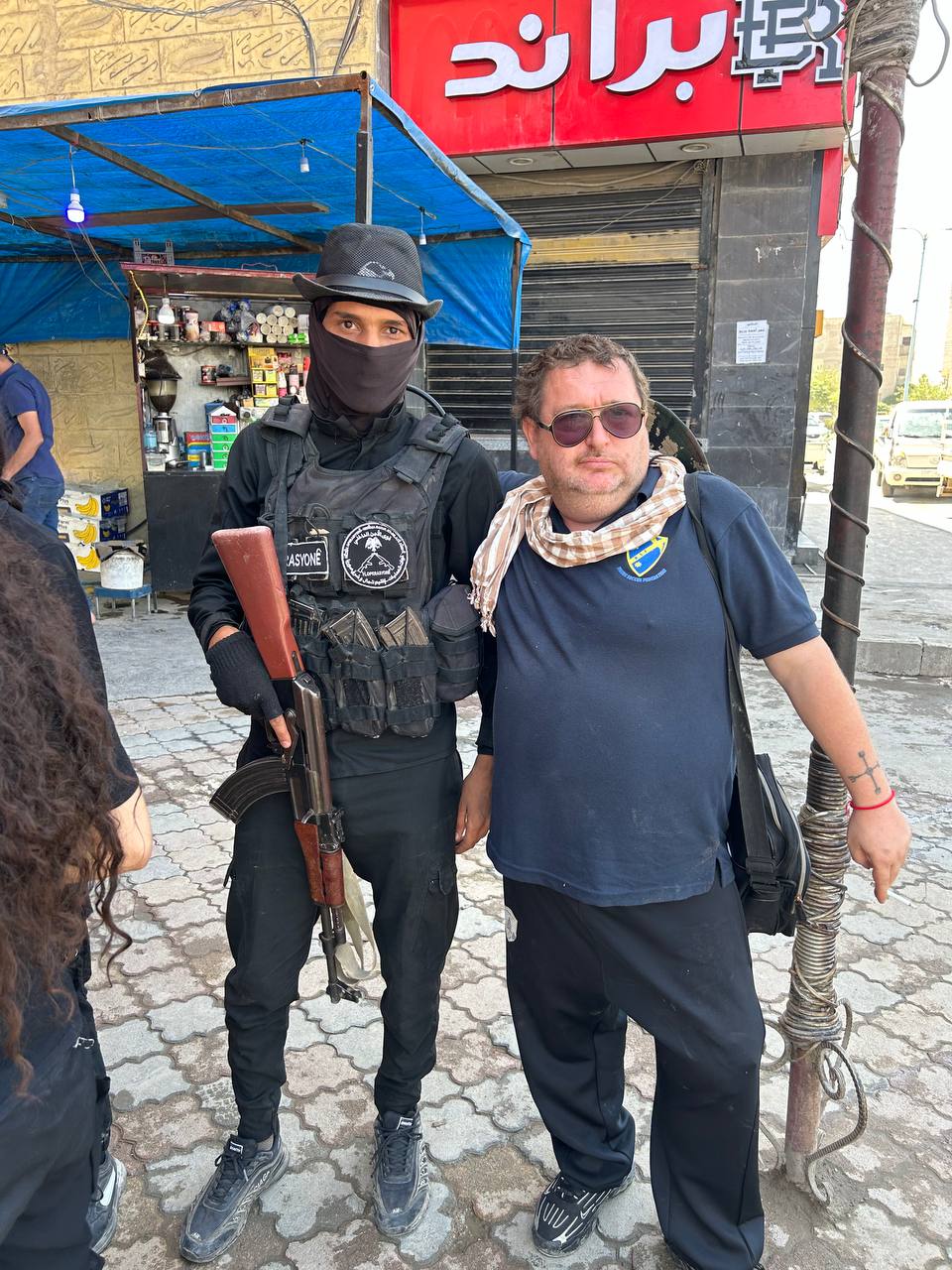
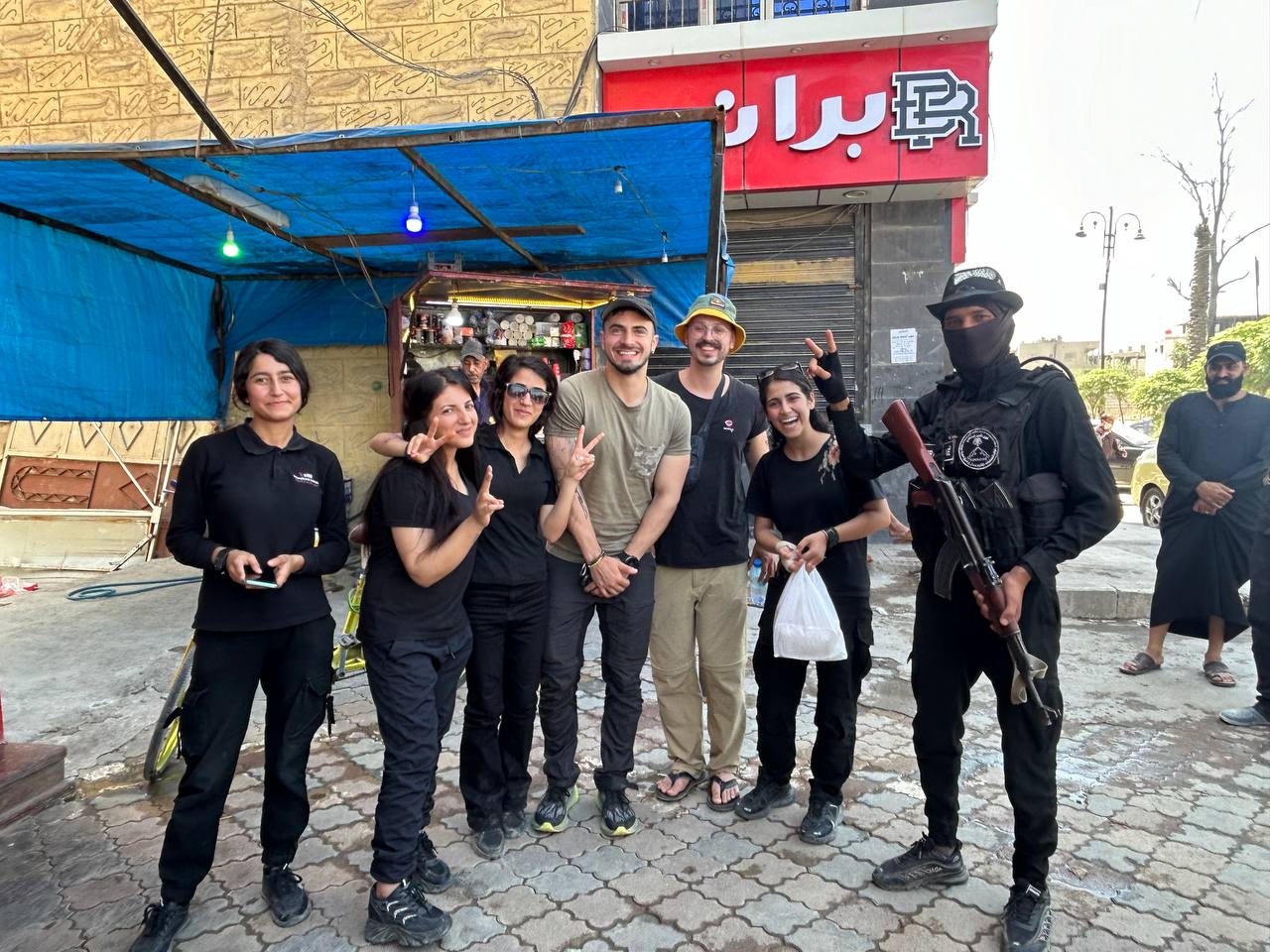
The start of the Rojava project
Despite living in the region for generations, a Kurdish state for Kurdish people, AKA Kurdistan, has scant existed, save for 11 months (courtesy of the USSR) at the end of World War 2. Instead they have largely been oppressed to varying degrees by the overlords in Iraq, Turkey, Iran and Syria.
This has of course occurred to varying degrees and draws far too much controversy for us to cover in a few paragraphs. Since 1991, this tide has slowly been turning. At first, the Iraqi Kurds gained autonomy, before Syrian Kurds did the same.
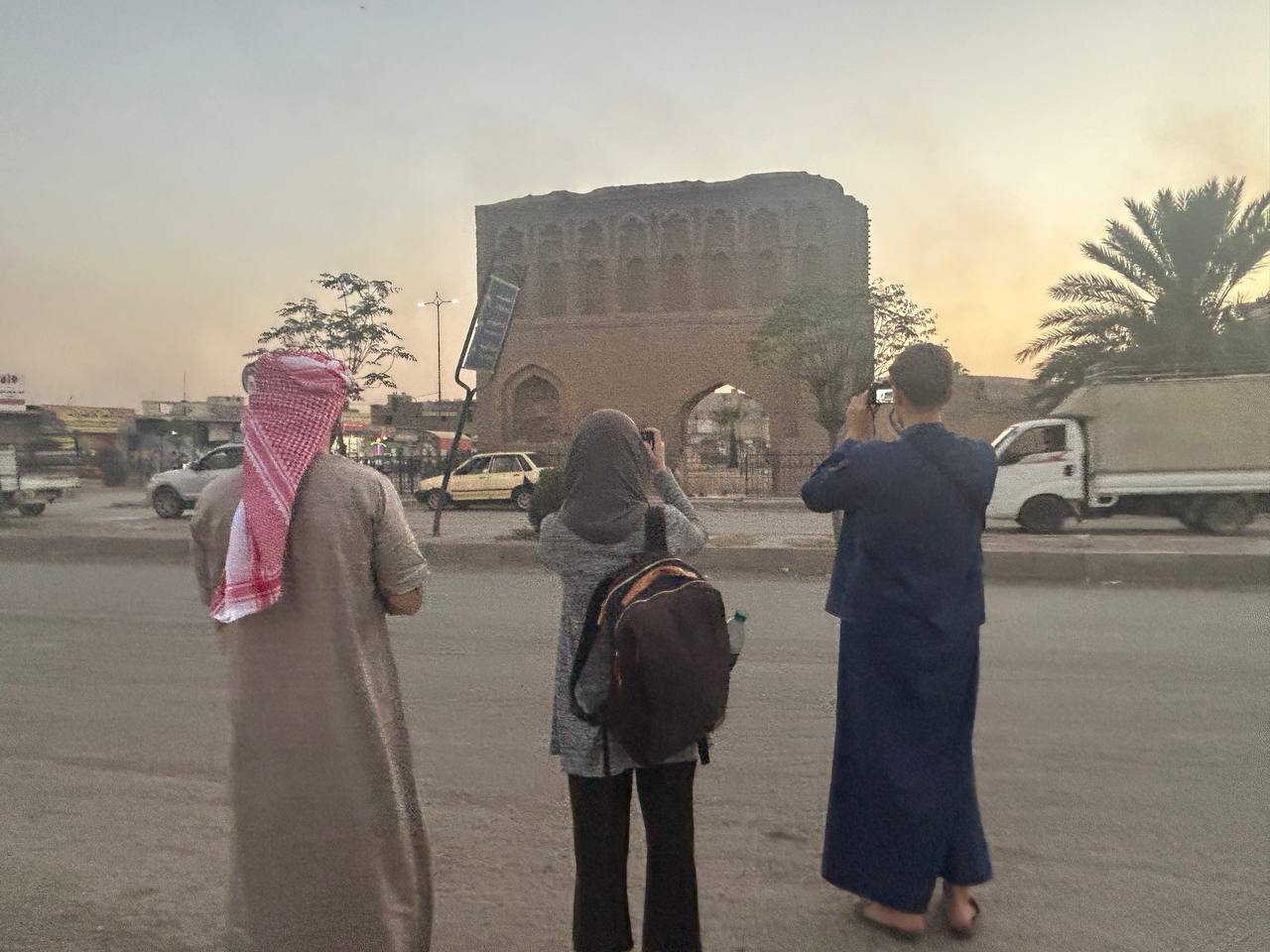
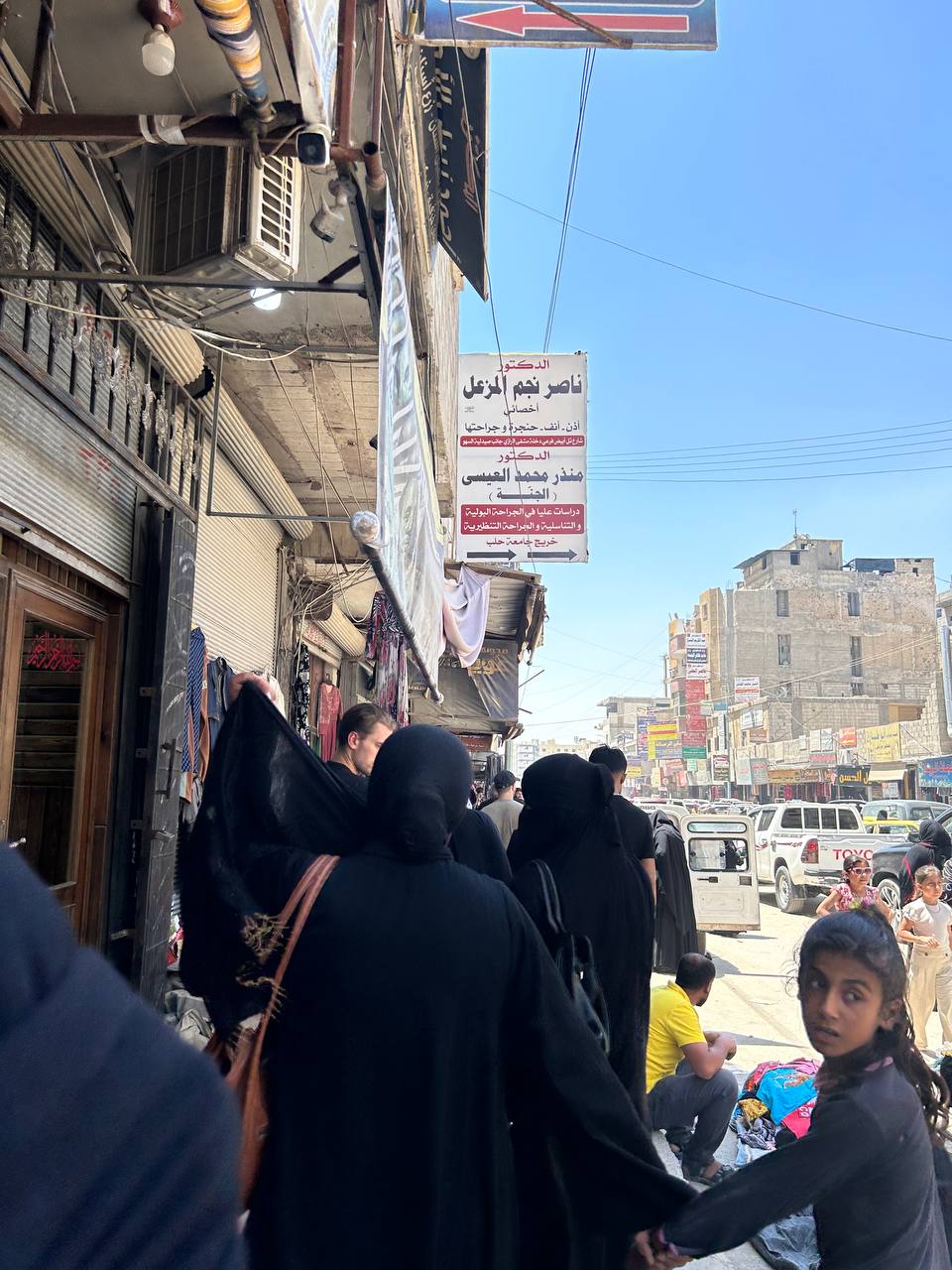
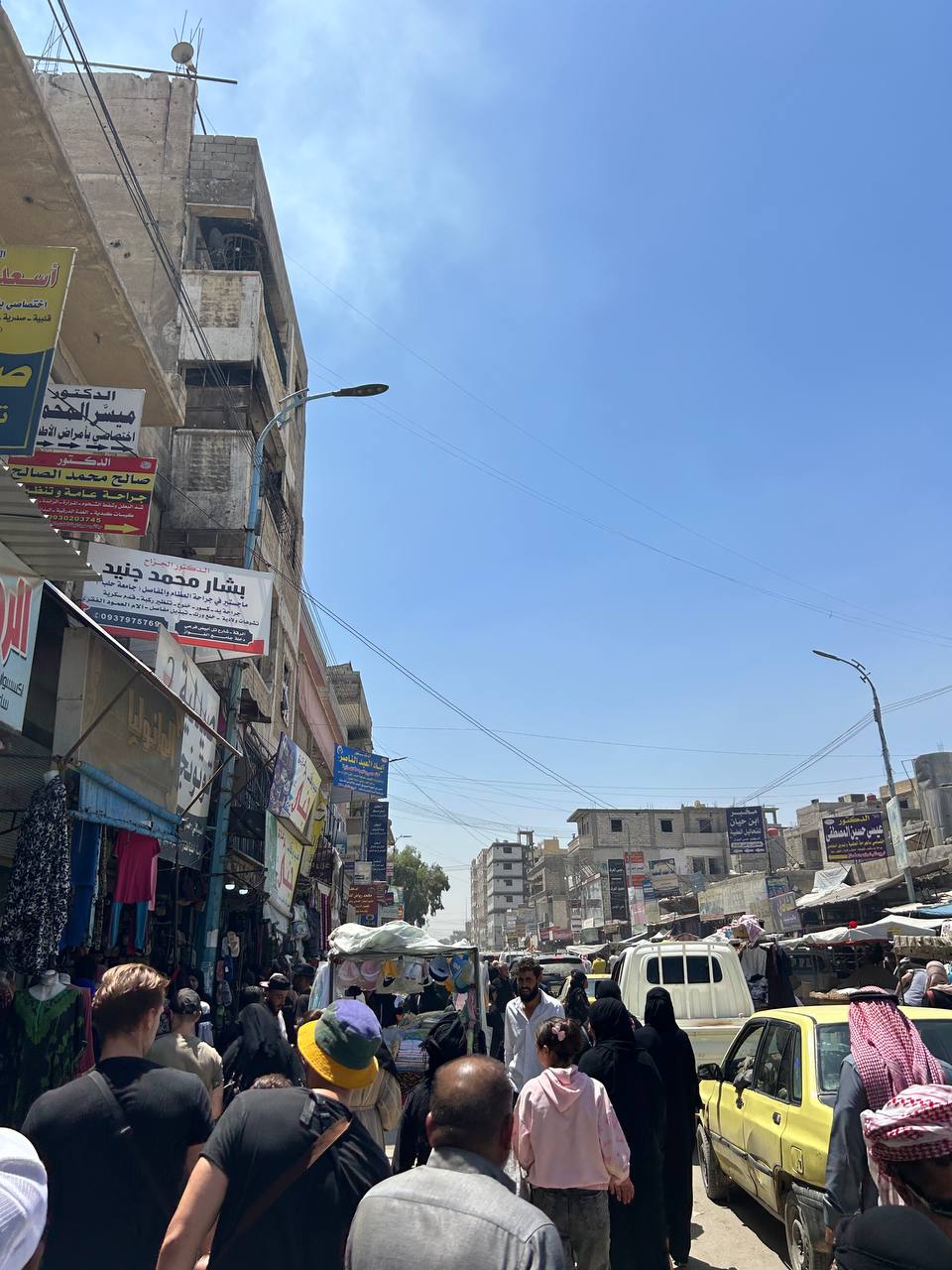
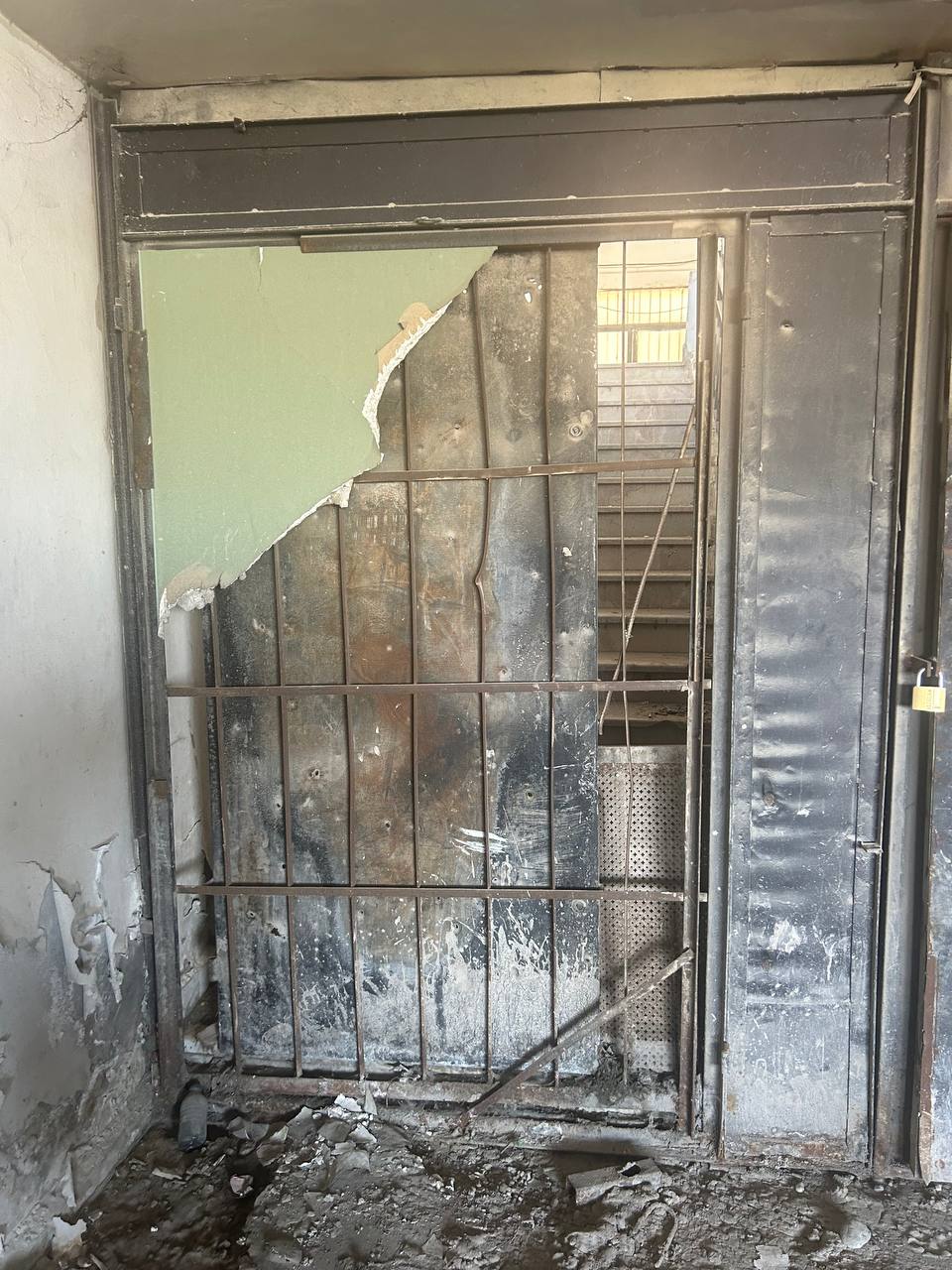
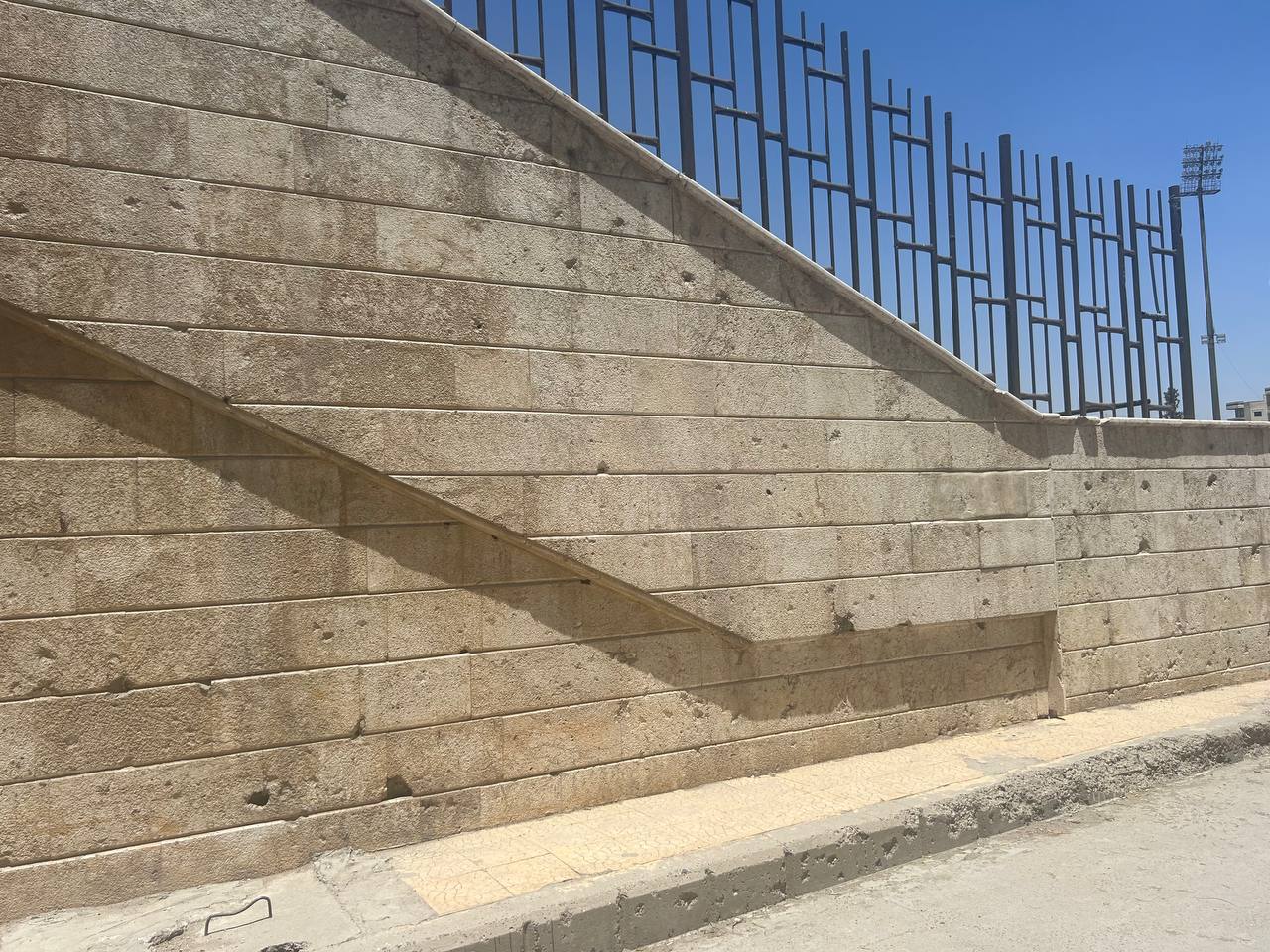
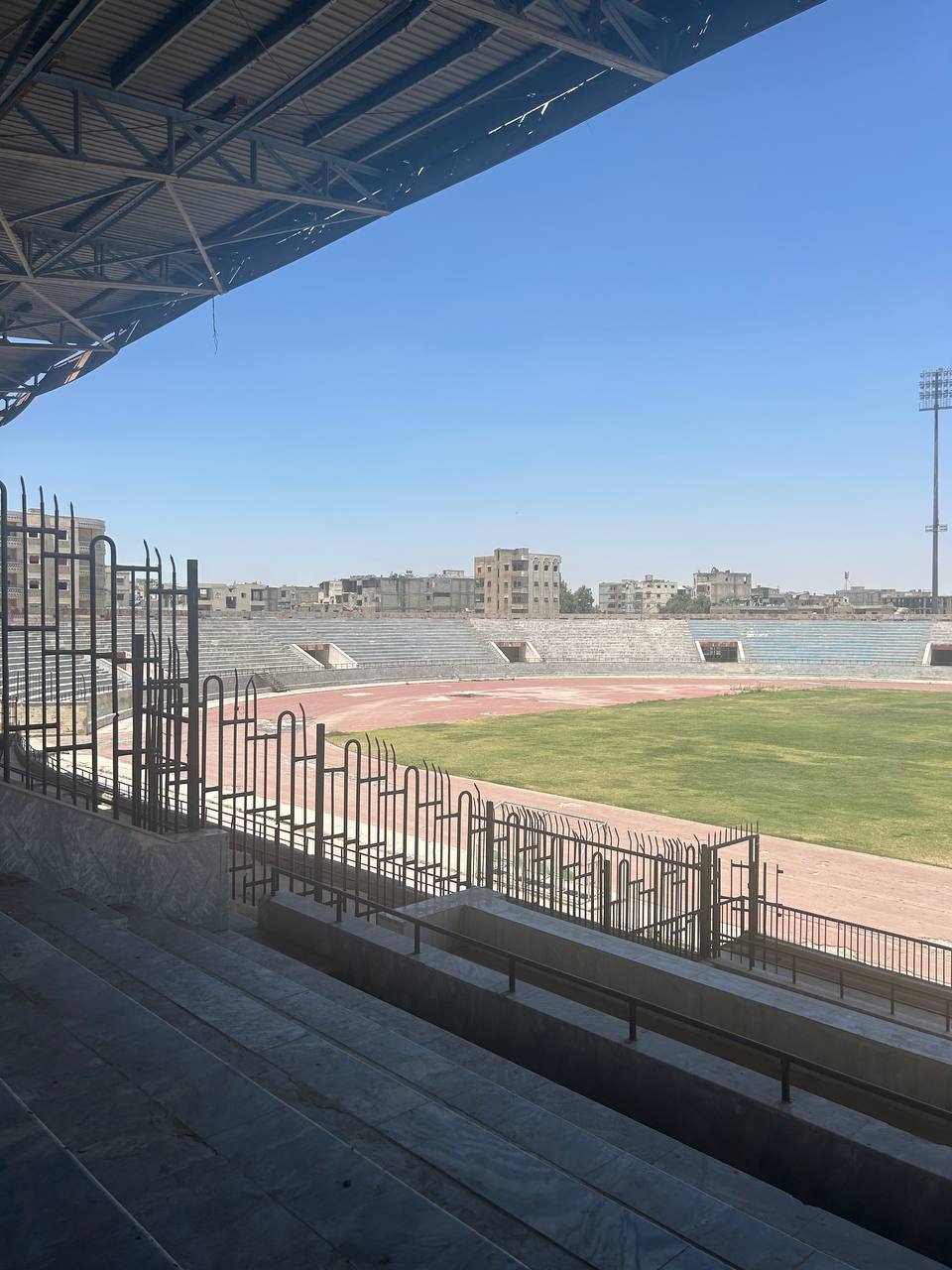
This occurred as part of the Syrian Civil War, where north and east Syria were changed into autonomous zones governed under the policy of Democratic Confederalism. This was put to the best by the emergence of the Islamic State, before it was defeated in 2017 largely through the blood of the Kurds.
Since then, its left-wing and indeed what some might term anarchist ideals have finally been able to be put to the test.
You can read our full article on the history and politics of Rojava here.
Is Rojava now Anarchist?
Is Rojava now anarchist? The answer to this is a resounding no, and this includes if you ask both local people and experts on anarchism. This question also shows a deep misunderstanding of anarchism, as well as what the people of Rojava are trying to achieve.
With regards to anarchism itself, this is a very misunderstood ideology by most of the world. Many think that it is synonymous with disorder, but in fact it covers a broad left to right spectrum, with varying degrees of order and disorder. For example libertarianism is considered by some to be on the right of the anarchist system.
When people talk about anarchism with regards to Rojava, what they actually mean is left-anarchism, anarchist-syndicalism, as well as real direct democracy.
In actuality and in modern Rojava, this means a federated left-wing state aiming for – but not yet having achieved – direct democracy, while protecting religious freedoms, and being at the forefront of women rights not just within the region, but the world.
The real revolution in Rojava
Yet while it is unfair to put labels on Rojava, nor call them the finished article, you can see the Revolution in Rojava and in so many ways that could one day redefine left-wing states.
This is first apparent when you enter a government building for your permits and that instead of just men, pretty much half of the staff are women. Not just that, but they are women dressed as they wish. Yes, some are wearing conservative clothes, but many are not.
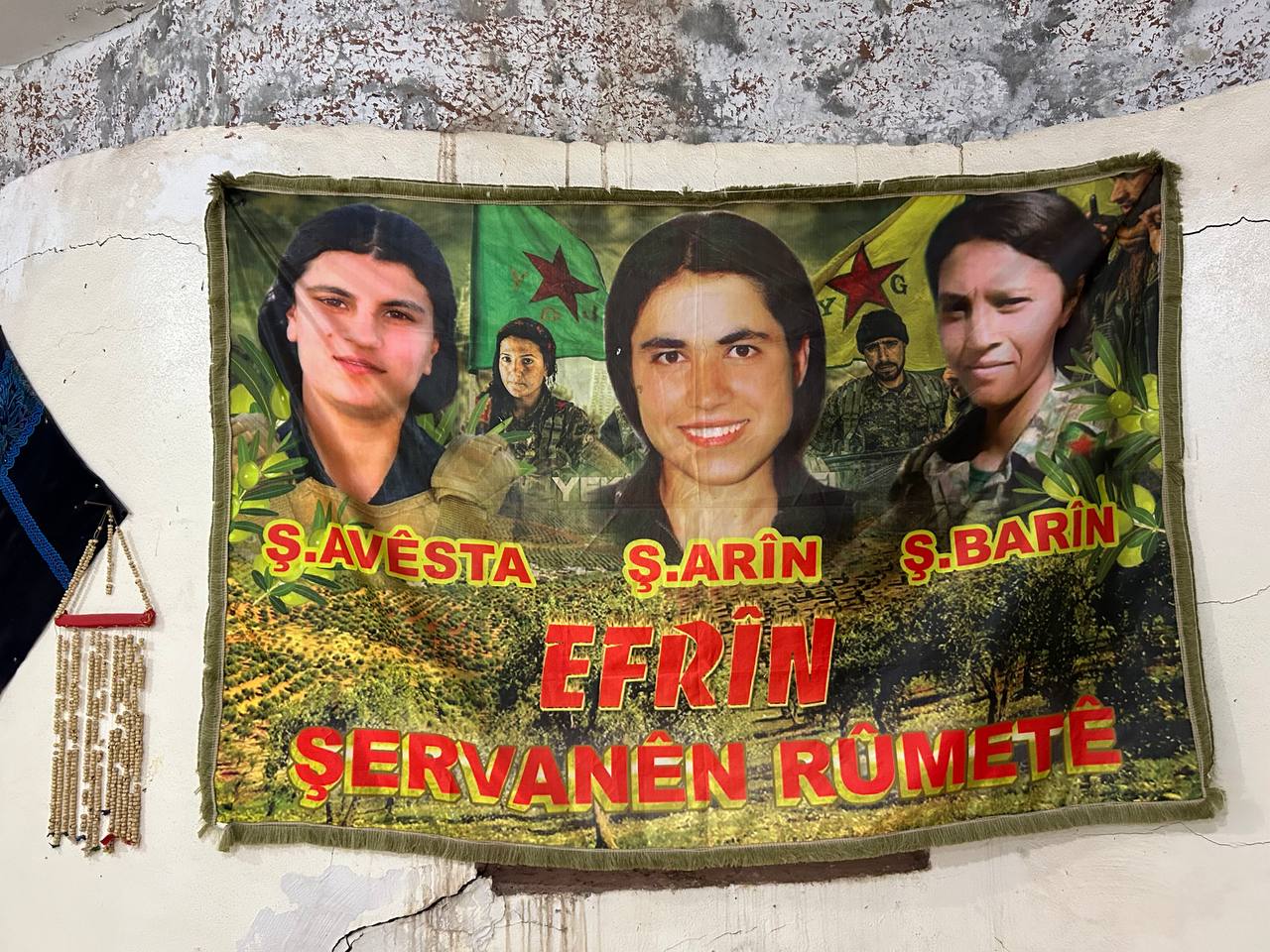
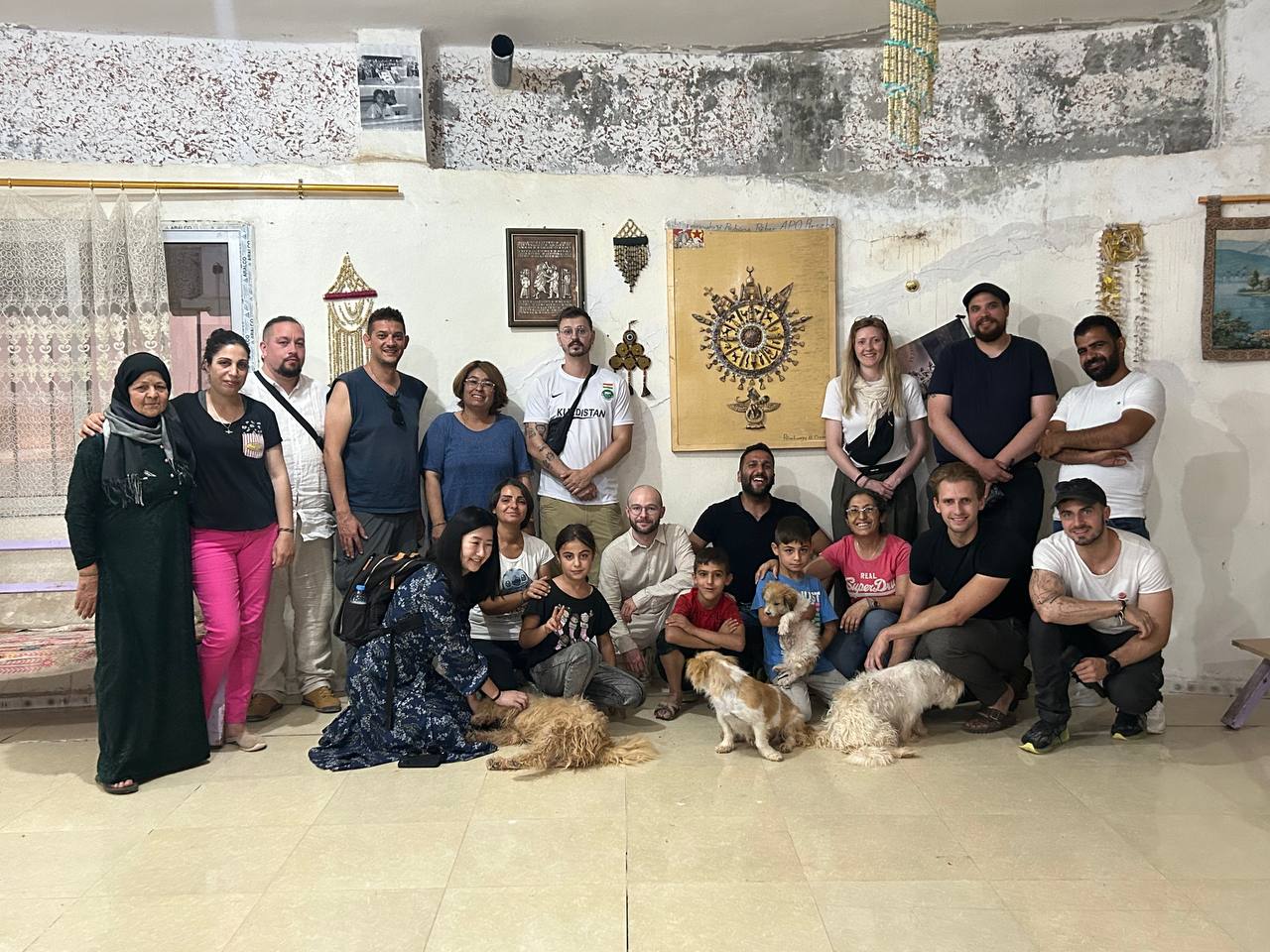
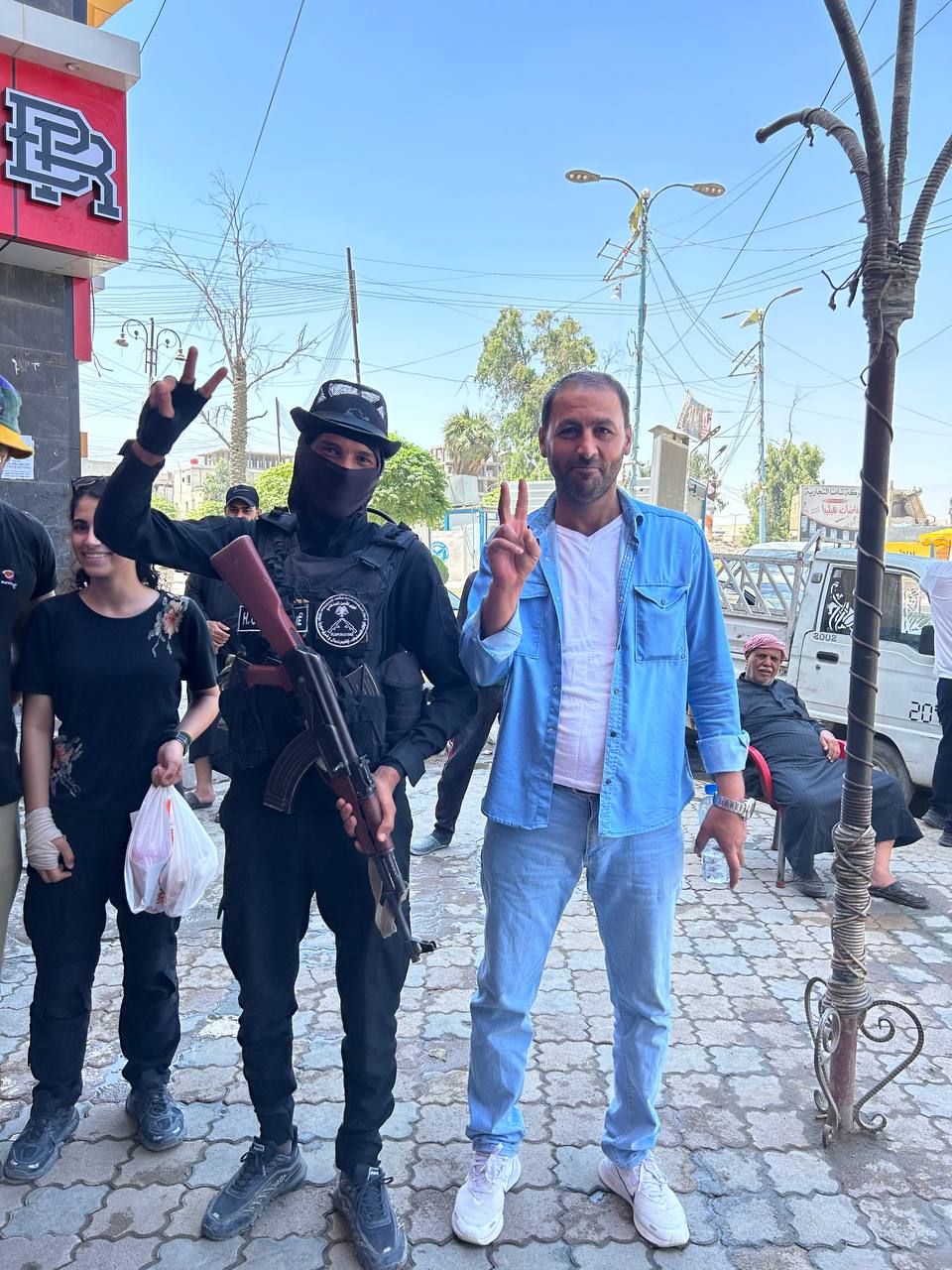
And when it comes to getting your stamp from a manager, you will notice two tables, one with a man and one with a woman. Every enterprise within the region must have a male and female manager both of whom need to agree and sign off on things. This is something even Scandinavia has not even managed.
Does it work? Well, there is no proof either way and of course someone like Jordan Peterson would no doubt argue against its effectiveness, but merely the message it sends in the Middle East is arguably worth it.
And it is not just here where the revolution in Rojava helps women, with the government also setting up women’s centers and farms that do not allow men. These have been set up to give a second chance to women who have for whatever reason had to leave their homes. One such place we saw had Arab, Christian and Yazidi women all taking advantage of the independence and second chance being granted to them by the revolution in Rojava.
Does everyone agree with the revolution in Rojava?
As with any revolution, not everyone is going to be onboard and this is particularly true for those that have seemingly lost out. This was particularly true in Raqqa where many of the locals look and feel like they are under occupation.
And sadly, this is largely true, with young Peshmerga women patrolling the streets of the former capital of Islamic State, much to the ire of the extremely conservative Arab locals.
Yet while this is not exactly enviable, a benign Kurdish military occupation is preferred by most everyone to the far scarier alternative. Like any revolution you truly cannot make an omelette without breaking some eggs.



